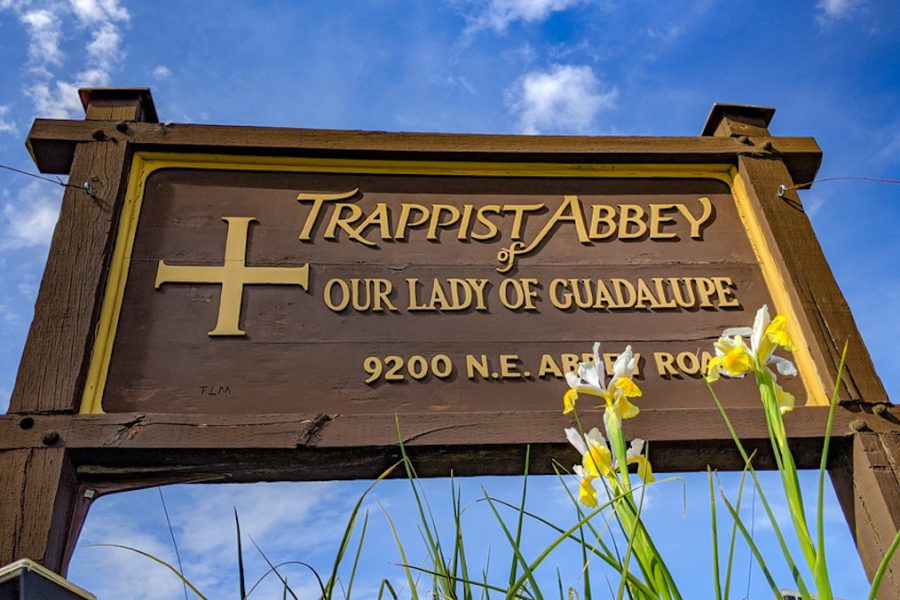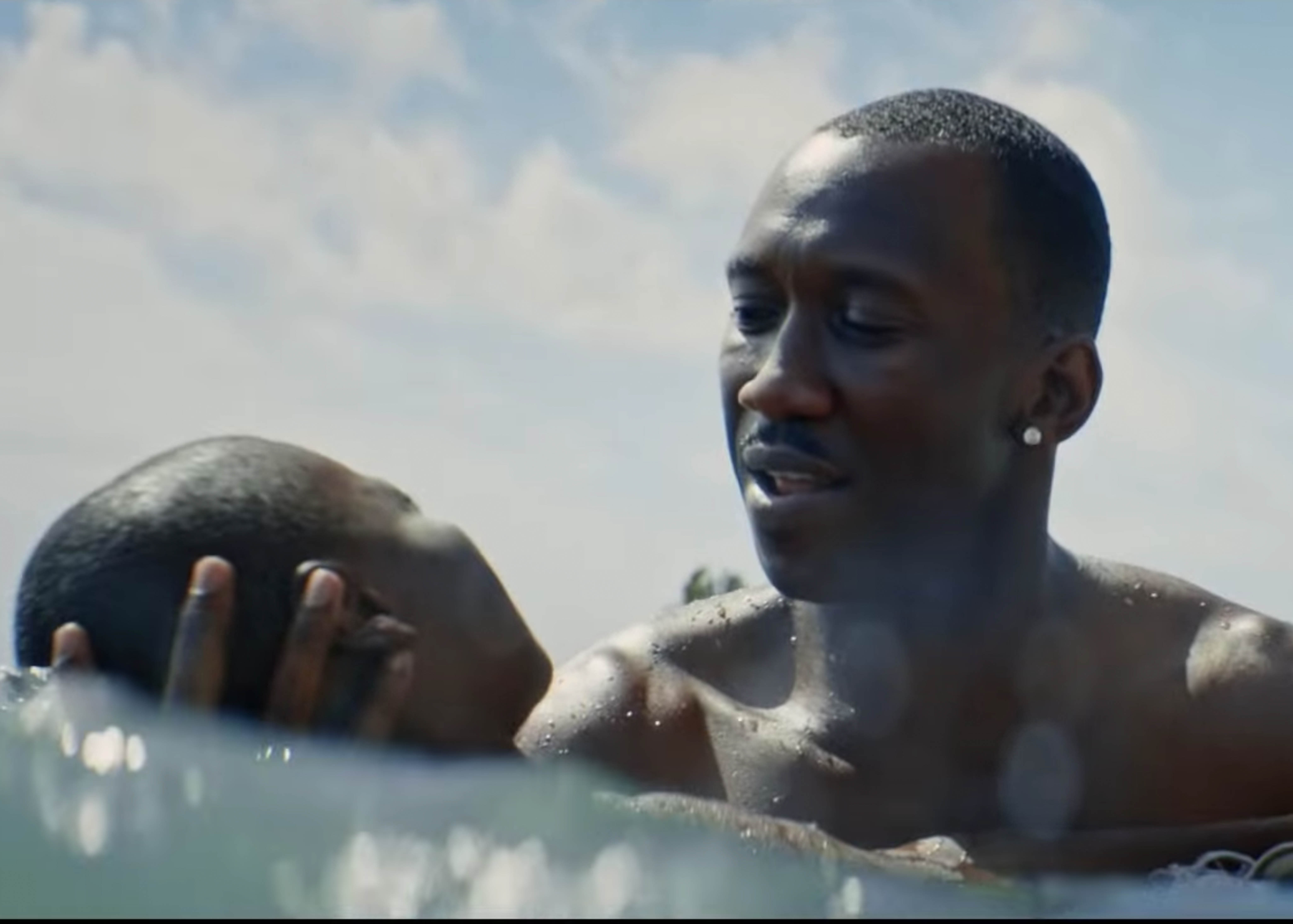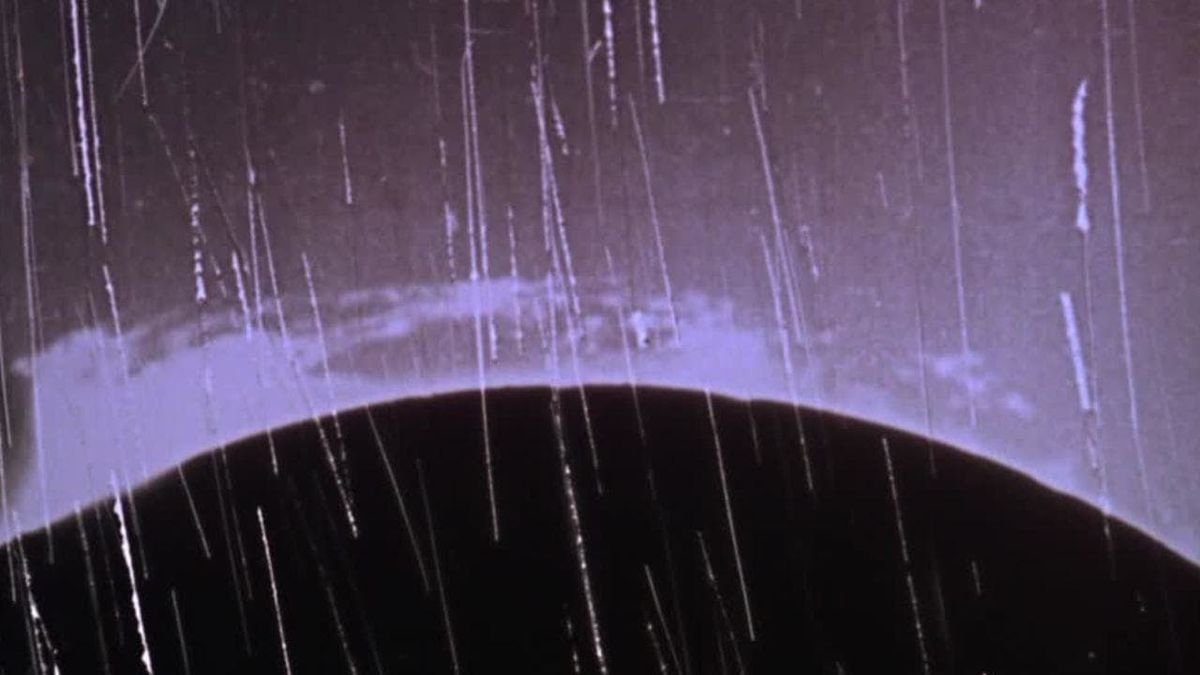Since their creation, TV shows and films have been powerful tools that can shape the views, perspectives and knowledge of thousands. Portland State Film Studies Program Director Courtney Hermann recognized that a major part of her work is the impact film media can have. “I feel that teaching students media production really does have the potential to change the world because… media is so instrumental in shaping the way that we understand our world,” she said. “It’s a big responsibility and something that I’m interested in handling… in terms of teaching the next generations to manage that responsibility.”
To put responsible media production into practice, PSU’s film production classes create an annual showcase of films produced by the program, which will be presented this year until Sept. 11. The production features the top three films from the past school year and eight other brilliantly made films that cover a range of genres, styles and creative visions.
All the films are testament to the raw talent coming out of the PSU film program. “I think a lot of these short films, especially the top three, are as good as almost anything you’d see out there if they had a little more budget,” said J.J. Vazquez, Instructor of Film Production. “I guarantee they’d be able to make things that can stand against anybody out there.”
The show initially became virtual in the spring of 2020 due to COVID-19 restrictions, so instead of a physical gathering, Hermann created a website as a digital alternative.
The success of this plan was evident, with each year’s virtual showcase growing in viewers and a projected 1,500 unique visitors expected to visit the virtual showcase this year alone. “We do want to be back in person for the showcase,” Hermann said. “But I think we’ll always have an online version of it because we’ve discovered it to be so beneficial.”

The film production faculty determines which student work submitted over the year should be featured and which should win. In judging the productions, numerous factors are taken into consideration. “We’re really judging based on the sophistication of the piece in terms of the storytelling… the ability of the story to communicate an authentic voice and vision, even if that’s a collective voice of collaborators and the technical attributes of the filmmaking,” Hermann said.
Vazquez noted that they scored the productions on a scale of one to five based on the above-mentioned attributes. While he pointed out that the selections might be a bit subjective, they tried to be as fair as possible and ensured that the work they chose was representative of the diversity of the entries submitted.
Work from the showcase spans the entire school year, including some terms where we were entirely virtual. COVID-19 restrictions limited options for collaborative environments, which could have been devastating for film creators where collaboration is so necessary.
Despite their concerns, Hermann said that filmmakers made it work. “When we went online with film production classes where we thought ‘this is impossible. We can’t do this. The students can’t learn anything.’ But we discovered that students… all fought, and they found resources around that helped support the filmmaking that they were doing when we were entirely virtual.”
In line with Hermann’s experience, one of the films that made it into the showcase came from terms where classes were entirely virtual. “Takeout was actually created during the remote quarter,” Vazquez noted.
Garrett Recker, a successful PSU film graduate, discussed making their film Takeout during COVID-19. “We obviously did have a protocol,” Recker said. “Everybody had to maintain six feet, but it was a small crew which helped. I am forever grateful to my co-producer Karlee Boon who was able to lock in all of these amazing locations, was kind, loved what we were doing, and was willing to work with us even though there were all these regulations… Thankfully my producer came ready to play, so we were able to kind of find solutions for everything. Nothing really got scrapped or minimized, which is pretty amazing.”
There is humor in Recker’s work that reflects relatable frustrations of life, but also holds more profound meanings for some viewers. “I wanted to do a reinvention of the hero’s quest, which is always the knight goes to slay the dragon,” Recker said about the goal in the creation of their film. “He’s the hero but let’s stop. Let’s make the dragon the hero, the knight’s the jock who’s the antagonist, and just play with these motifs baked into old English heroic stories.”
The production side of the film program was hard at work this year, building a program with some semi-experimental classes that would give students the most authentic hands-on experience possible. “We wanted to give students a real-world experience of how a studio works,” Vazquez said. “We’d come in, and we’d hire writers. We’d give them a story. They wouldn’t be able to choose. We wanted to run it like the experience we had when we worked in Hollywood.”

A production that came from one such class was second place winner of this year’s showcase, Seirina. “I think something that J.J. was trying to do with the class was to create a dynamic where we did have to divide creative control among people… working through the tension of, who has the final say at the end of the day,” said Elias Lunsford, the director of this production.
Seirina is probably the exact opposite of Takeout, given that it is a horror film, or, as Lunsford and Jordan Rasmussen, the producer of Seirina, called it—Elevated Horror, which is a subgenre that focuses less on the blood, guts and jump scares of typical horror and more on thought-provoking psychological drama.
In Seirina, Lunsford and Rasmussen focused on the fear of isolation and being alone and personified that in their production. “I think that what was big and what really kind of set the tone from the beginning… was that there wasn’t any dialogue helping the story progress,” Rasmussen said. “So it was a lot of visual storytelling… we really tried to establish that [Jonas, the main character] was isolated from everything.”
Whether the production was made during virtual classes or after classes resumed in person, Hermann said that COVID-19 made students not take their ability to work together for granted.
This sentiment was shared by Rasmussen as well. “All the production classes, they were just all online,” he said. “And it totally had a toll on the creativity and those types of things that we had taken for granted before the pandemic happened… [But when returning in person, we knew that] we have to do this thing. We have to go back to 12-plus hour days, and we’ll do it without complaining because we missed it.”
There is no doubt that this showcase is proof of the resilience of the PSU film community, as well as the fantastic work accomplished when collaboration is involved. In the future, Hermann hopes only to continue to raise the bar for the greatness that this program fosters in its students.
Ultimately, celebrating and witnessing this greatness is what this showcase is all about. “I want people to recognize the talent that is coming out of PSU,” Recker said. “I think every single one of those films is beautiful, remarkable and an achievement in its own way. And they all have such distinct identities, and PSU’s done a lovely job at highlighting that.”






